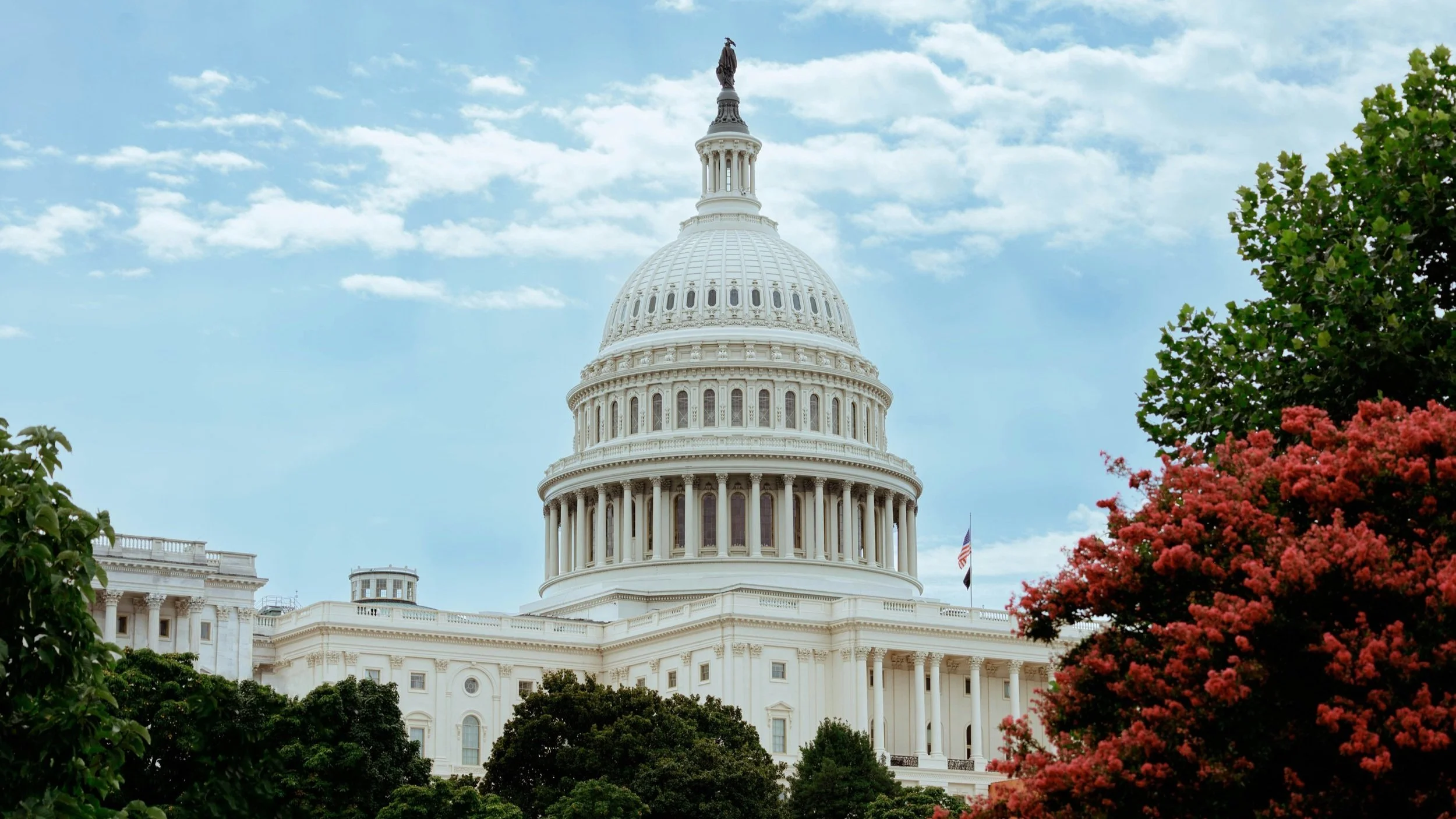Investor Index 7.18.25
Vancouver City Council strives to make multifamily tax exemption more enticing to induce construction
Vancouver’s City Council is aiming to revamp its Multi‑Family Tax Exemption (MFTE) program to spur much‑needed apartment development amid a pronounced downturn in construction. Under consideration are adjustments such as expanding eligible zones, increasing the value of incremental tax breaks, and potentially extending exemption timelines—all designed to make the incentive more financially appealing to developers. The changes reflect growing concern over dwindling housing supply and a desire to jump‑start projects that have stalled under current provisions. With apartment starts trending downward, councilmembers hope the fortified MFTE will re‑ignite investment and boost multifamily construction in Vancouver.
City to close Northeast bridge for 2 years starting Aug. 4 to build earthquake-ready replacement
Portlanders will lose a vital East Portland connection this summer: beginning August 4, the Northeast Portland Burnside Bridge will be closed for approximately two years to enable a full earthquake‑ready reconstruction, according to KGW. The comprehensive rebuild is part of the "Earthquake Ready Burnside Bridge" initiative led by Multnomah County, aiming to replace the existing vulnerable span with a modern, longer‑span structure capable of withstanding a major Cascadia Subduction Zone quake. Although the project—which includes extensive foundational testing and community outreach—was pushed back into 2028, this closure marks a major phase of construction to ensure the bridge remains safe and operational for decades to come .
CRE Market Signals Stability in Fed June 2025 Minutes
The Federal Reserve’s June 17–18 meeting minutes reveal that the commercial real estate (CRE) market is showing signs of stabilization: lending activity remains steady—particularly through CMBS, CRE CLOs, and banks—while credit spreads are tightening and investor confidence is rebounding. Although CMBS delinquencies, especially in the office sector (over 10%), remain elevated, they are considered lagging indicators that often improve only after market recovery begins. Meanwhile, yields on AAA-rated 10-year CMBS have declined by roughly 20 basis points, and even BBB– bonds are seeing spread compression of about 125 bps, signaling renewed optimism among market participants. Overall, the Fed views CRE fundamentals as balancing out, setting up expectations for increased refinancing and deal activity in the second half of 2025, assuming credit conditions hold steady.
Full Article: https://www.credaily.com/briefs/cre-market-signals-stability-in-fed-june-2025-minutes/



